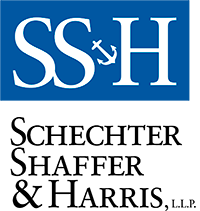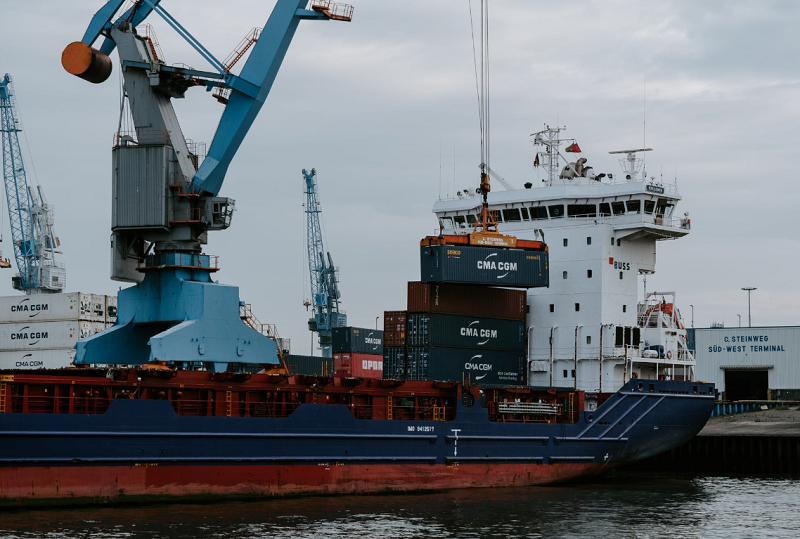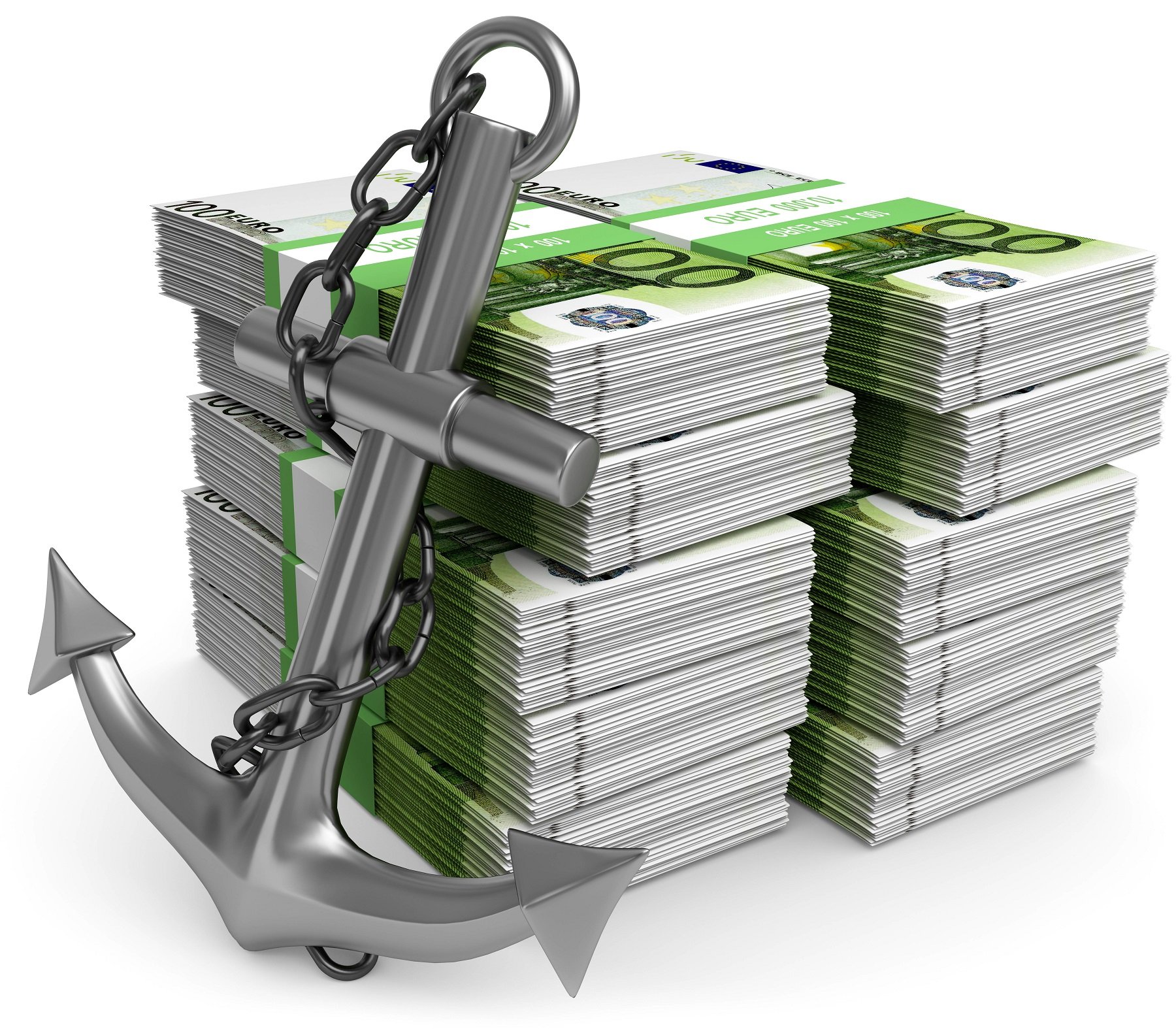
Blog
What Are Maritime Necessaries Under the CIMLA?
Posted in Maritime Piracy
The Commercial Instruments and Maritimes Liens Act (CIMLA) offers certain protections for parties that provide goods and/or services for the operation of vessels and which are not paid upfront. To protect their interest in the goods and/or services provided, parties are allowed to place a lien against the ship.
Part of the process of deciding what liens can be claimed under the CIMLA is determining if the goods and services are considered maritime necessaries. “Necessaries” are those goods and services that are needed for the ship to operate correctly and safely. As such, “necessaries” could include:
- Fuel
- Navigation Equipment
- Safety Equipment
- Insurance Coverage
- Employee Wages
- Injury and/or Death Compensation Payments
- Ship Repairs and Maintenance
- Ship Towing
What Is Needed to Obtain a Maritime Lien?
Maritime liens are slightly different from conventional liens like a mortgage on a home. The lienholder does not have to be listed on the title of the ship. Rather, a lien is automatically placed on the ship as soon as the party provides “necessaries” for the vessel.
The lien remains in place until it has been paid. Additionally, the lienholder can initiate a civil suit to enforce their lien on the ship. The lienholder is not required by the court to prove that they provided “necessaries” on credit to the ship.
If the shipowner sells the vessel, the lien is automatically transferred to the new owner. Furthermore, the newest liens on the vessel are paid off first after the sale. If there are not sufficient proceeds to pay off all liens, then they will remain on the ship.
When Are Goods and Services Not “Necessaries?”
Not all goods and services are considered “necessaries.” For example, if there are redundant, duplicate, or superfluous goods, equipment, or services, they are not “necessaries,” even if they are needed for the ship to operate.
To illustrate, a ship has three new anchors installed but is only required to have one anchor. The cost of the anchors and installation service fees would not all be considered “necessaries,” even though anchors are considered vital to the ship’s operation and safety.
Rather, only the costs associated with the first anchor would be considered “necessaries” and a lien for just that amount could be placed on the ship.
As you can see, when dealing with “necessaries” and the CIMLA, it is vital to know what qualifies and what does not. If you sustained a maritime injury while in the service of a vessel, you could be entitled to a lien against the ship as part of your compensation.
To find out more and for help filing a maritime injury claim, please feel free to contact Maintenance and Cure, part of Schechter, Shaffer & Harris, L.L.P. at 800-836-5830, to speak with a maritime attorney today!














